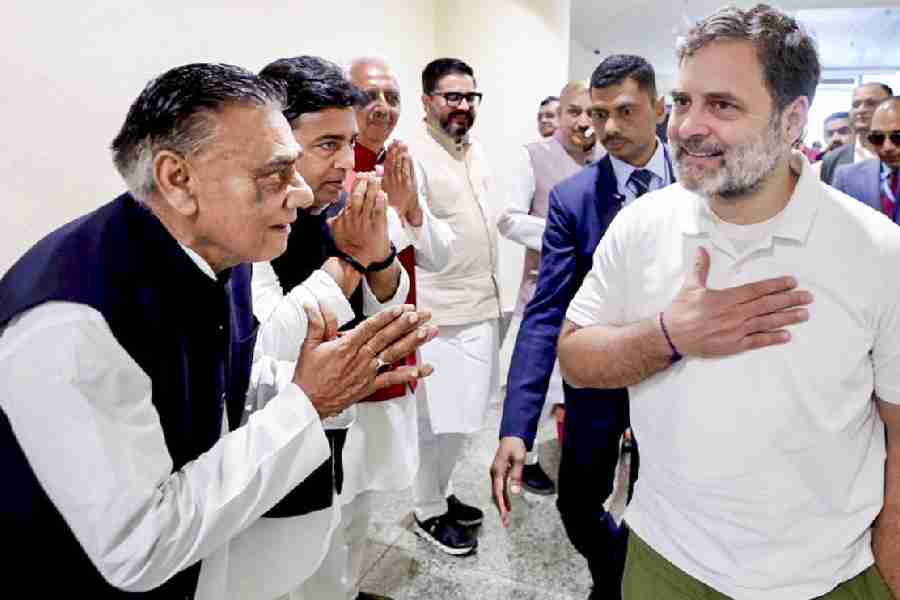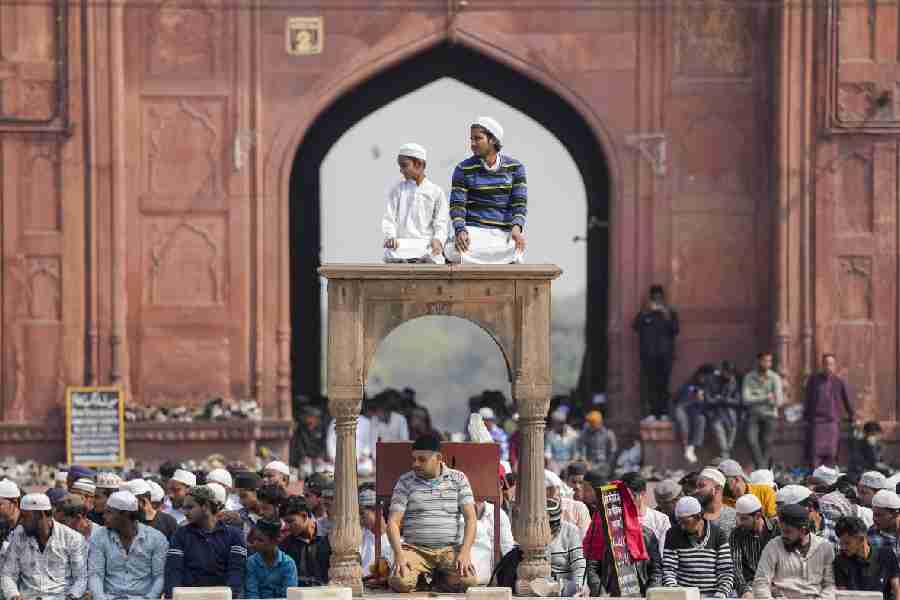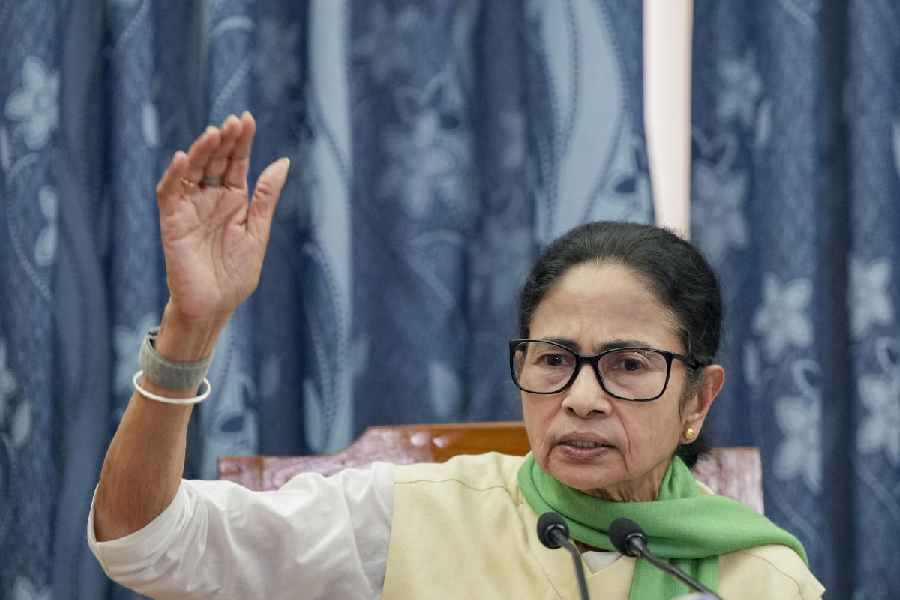Adaptations of Henrik Ibsen’s A Doll’s House (1879) makes evident its relevance today. Prachyo’s Khelaghor, directed by Biplab Bandopadhyay, has technical finesse and impeccable stagecraft. However, it does not play out the complexities of the dilemma at the heart of Ibsen’s work: a woman alienated from her own identity in the ethics of marriage, love and submission.
The crisis of the Norwegian wife, Nora, in the 1870s is greatly relevant when our society is transitioning towards new modes of marital partnership and parenting. Khelaghor could have touched upon a more sensitive understanding of consent and gaslighting, in the script and in the acting. The overt use of explicit dialogues and poetry escalates a need for deep silences when the couple struggles with the impossibility of honesty or when Neera faces the truth of being a non-entity. Shadow and light symbolize the door which stands at the brink dividing the private and the public. This beautifully culminates in Ibsen’s famous scene of the door closing behind her as Nora (here, Neera) leaves the house.










